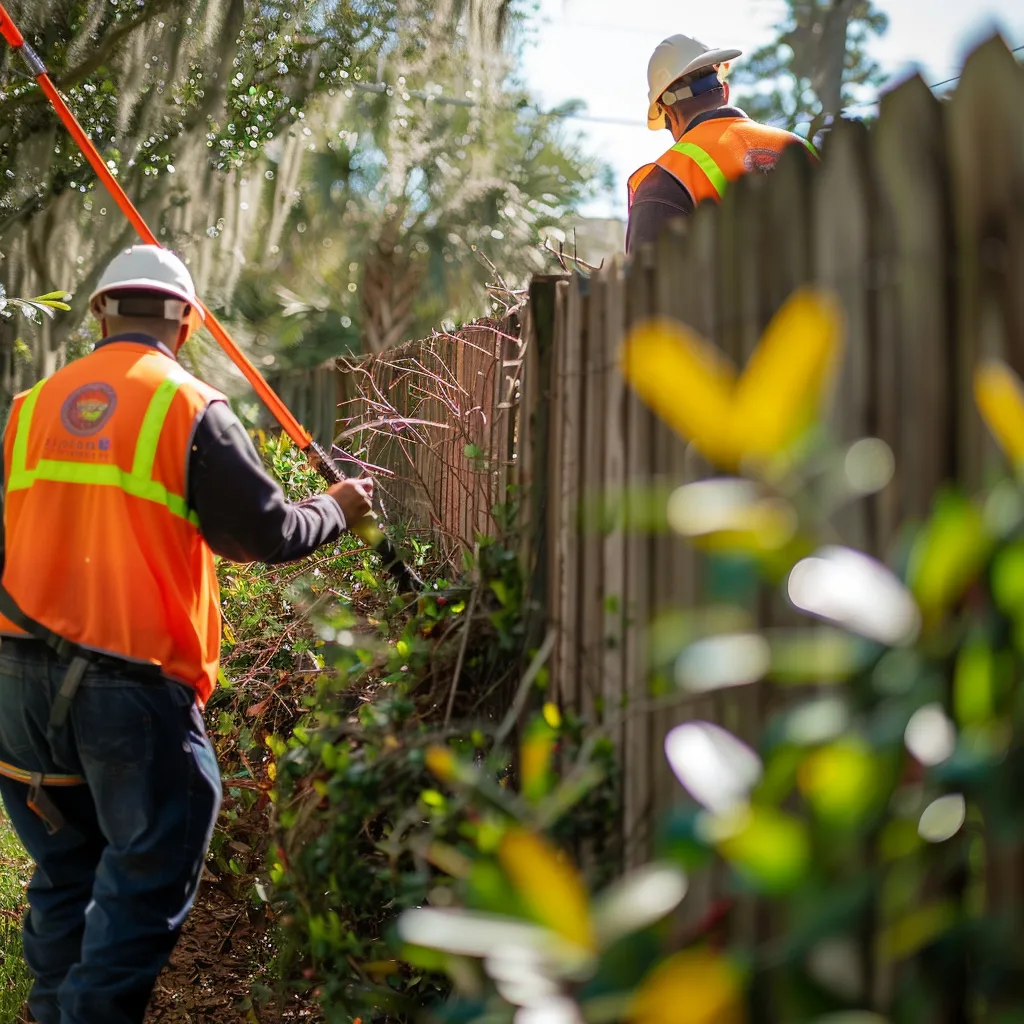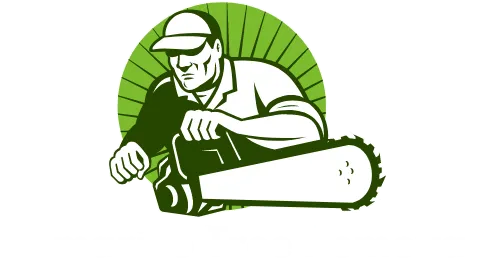
Amarillo Tree Trimming: Things You Need to Know
The city of Amarillo, with its expansive landscape and unique climate, presents specific challenges and opportunities for tree care. Trees provide important benefits to the community. They offer shade during hot summers, enhance the visual appeal of neighborhoods, and contribute to a healthier environment.
Proper tree trimming is essential to maintain these benefits. This practice supports tree health, promotes safety, and enhances the overall beauty of the urban forest.

Common Tree Species in Amarillo and Their Specific Trimming Needs
Amarillo’s diverse tree population requires specific care based on species characteristics. Each tree has different growth patterns, structural strengths, and vulnerabilities. These factors determine the best approach for trimming.
Cottonwood
Cottonwood trees grow quickly and provide substantial shade. However, their rapid growth results in relatively weak wood. This makes them susceptible to damage from high winds and severe storms, common occurrences in the Texas Panhandle.
Effective cottonwood trimming focuses on reducing the length of larger branches. This minimizes wind resistance and lessens the chance of limb failure. Regular removal of dead or broken branches improves the tree’s structural integrity and overall health.
Elm (American, Siberian)
Elm trees, including both American and Siberian varieties, are common sights in Amarillo. These trees face the threat of Dutch Elm Disease, a serious fungal infection. This disease can have devastating effects.
Careful pruning techniques, including precise cuts and thorough sanitation of tools, are crucial for disease prevention. Prompt removal and proper disposal of infected branches protect other elm trees in the area.
Oak (Various Species)
Several oak species thrive in Amarillo’s climate. These trees are known for their robust structure and long lifespan. Pruning mature oaks demands specific considerations.
Timing is especially important. It is best to schedule pruning during the dormant season, typically winter. This minimizes the risk of oak wilt, a harmful fungal disease. Wound sealing is not always necessary after cuts but can be considered under certain circumstances.
Fruit Trees
While not as common as native species, some Amarillo residents cultivate fruit trees. These trees benefit from particular pruning techniques. These techniques encourage fruit production.
Thinning branches improve air circulation and allow sunlight to reach more of the tree’s interior. This promotes better fruit development. Careful shaping through pruning helps control the tree’s size and overall form.
Other Common Species
Amarillo’s landscape also includes other tree species, such as hackberry, mesquite, and various evergreens. Each species has unique maintenance needs. Hackberry trees often require the removal of deadwood and crossing branches to improve structure.
Mesquite trees benefit from pruning to shape their canopy and prevent overly dense growth. Evergreens may need occasional trimming to maintain their desired shape and remove dead or damaged growth.
The Importance of Proper Tree Trimming Techniques
Using correct trimming methods is essential for tree health and safety. Understanding basic tree anatomy and the different types of pruning cuts contributes to effective tree care.
Understanding Tree Anatomy
Knowledge of basic tree anatomy ensures proper cuts. The branch collar, the swollen area where a branch joins the trunk, and the branch bark ridge, the raised bark at the branch’s top, are key reference points. Cuts should occur just outside the branch collar. Avoid damaging the trunk.
Different Types of Pruning Cuts
Different pruning cuts serve different purposes. Removal cuts eliminate entire branches that are back to the trunk or a larger branch. Reduction cuts shorten a branch back to a smaller lateral branch. Cleaning cuts remove dead, damaged, or diseased branches. Choosing the right cut for each situation is important.
Avoiding Common Pruning Mistakes
Several common mistakes can harm trees during trimming. Topping, the indiscriminate removal of large portions of the tree’s crown, causes significant damage. Stub cuts, which leave long stubs beyond the branch collar, hinder proper wound closure. Over-pruning, which removes too much foliage, weakens the tree.
Timing of Tree Trimming
The trimming time of year affects tree health. Dormant pruning, performed during winter when trees are inactive, is generally preferred. Pruning during the growing season can address specific issues, such as removing dead or diseased branches. Avoid heavy pruning during periods of active growth.
Tree Health and Safety Considerations
Tree trimming contributes to both tree health and public safety. Identifying signs of disease and following safety precautions are important aspects of proper tree care.
Identifying Signs of Tree Disease or Decay
Proper trimming can help manage tree diseases. Removing infected branches can prevent the spread of pathogens. Recognizing signs of decay, such as cavities or fungal growth, helps determine if a tree requires professional attention.
Safety Precautions for Tree Trimming
Safety is crucial during tree trimming. Homeowners who undertake minor trimming should use appropriate safety gear. This includes gloves, eye protection, and head protection. Proper ladder use is essential to prevent falls.
When to Consult an Arborist
For large trees, hazardous situations, or suspected disease, consulting a certified arborist is advisable. Arborists possess the necessary training and expertise to handle complex tree care situations safely and effectively.
Environmental Considerations in Amarillo
Tree trimming also plays a role in Amarillo’s environment. Proper care supports water conservation and benefits the local ecosystem. Effective trimming practices help trees use water more efficiently.
This is particularly important in Amarillo’s dry climate. Healthy trees provide a habitat for wildlife and contribute to a healthier urban environment. Regular tree maintenance supports a sustainable and thriving community.
